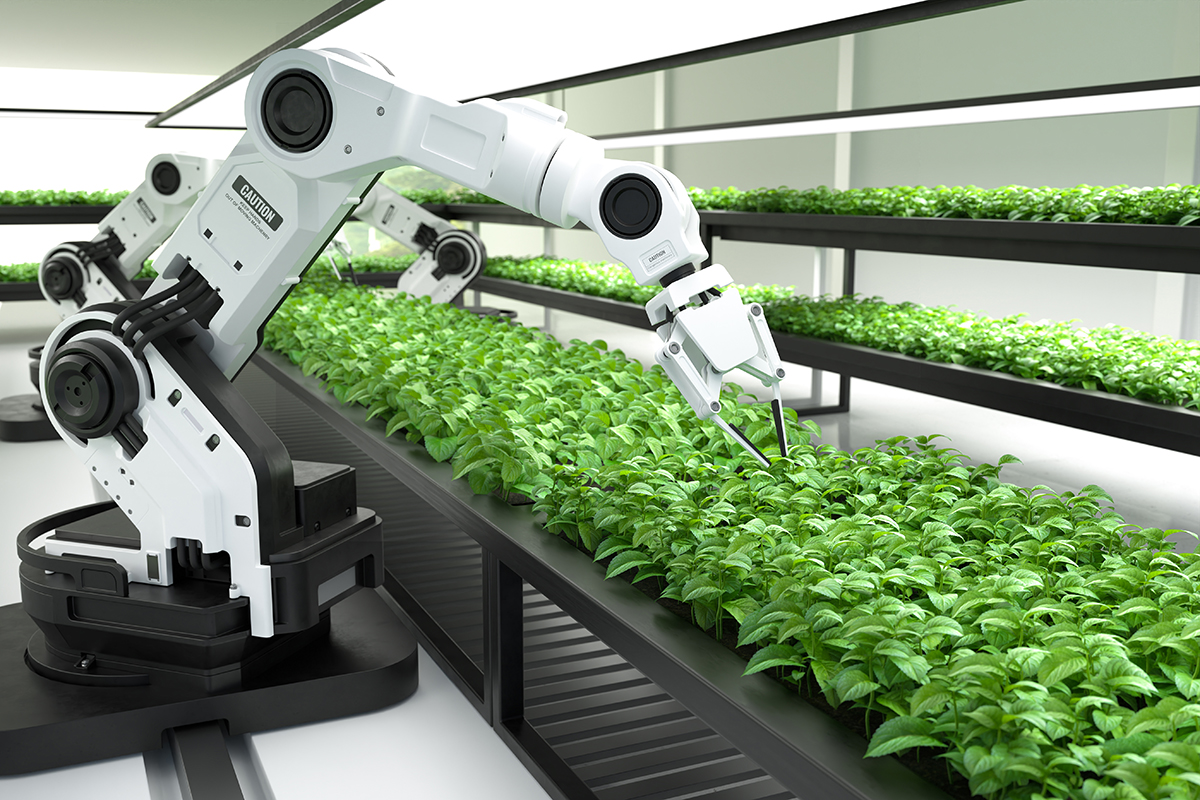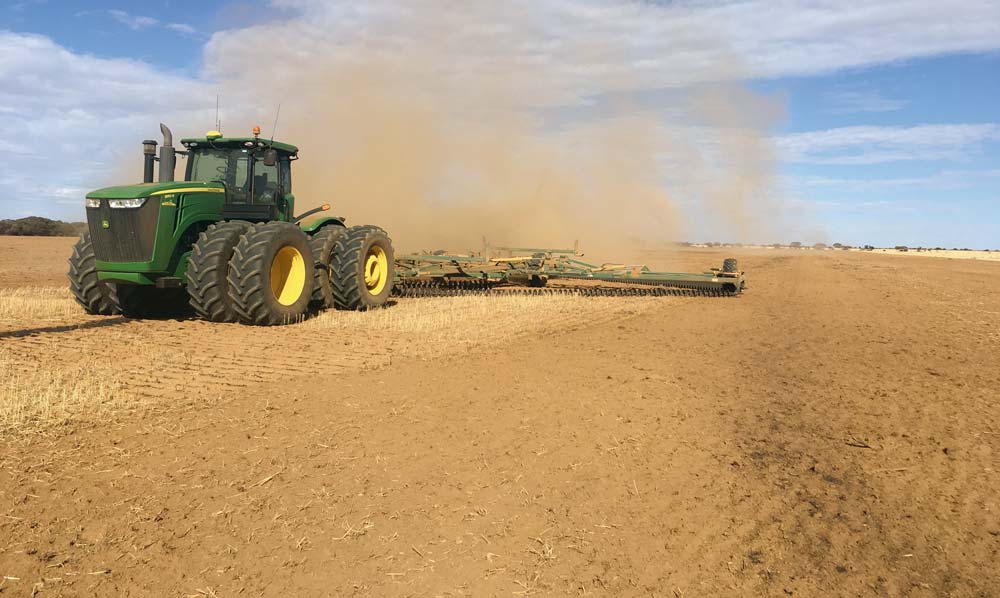Organic agriculture is growing rapidly in Canada. Food markets and grocery stores are now offering more and more certified organic products, a sign of the growing interest of consumers in healthy and ethically produced food. In 2023, the Canadian government reinforced its commitment to sustainable agriculture by announcing new supports for organic farmers. These initiatives aim to streamline the transition to more ecologically friendly agricultural practices, while stimulating innovation in the sector.
As of 2024, the organic market in Canada is valued at over $5 billion, with steady annual growth. More than 7000 farms in Canada are now certified organic, with a growing number every year. As for the cultivated area, hundreds of thousands of hectares of agricultural land are now dedicated mainly to organic production, in fertile regions such as New Brunswick, Alberta and the Yukon.
However, the sector is exposed to several climate challenges. Production costs can be higher, yields can be lower than those of conventional agriculture, and farmers must comply with certification standards and regulations that can be very strict. In addition, market access and competition with imported products can be enormous barriers, particularly for small-scale producers.
As part of this, the government established the “Sustainable Canadian Agricultural Partnership (Sustainable CAP)” in 2024. This initiative provides for an investment of $3.5 billion between 2023 and 2028. It aims to encourage sustainable agricultural practices, reduce environmental impact, and increase the climate resilience of Canadian farms. At the same time, the government has provided $6.8 million to the Organic Federation of Canada to fund R&D research to improve soil health, reduce greenhouse gas emissions and promote best organic practices. Other programs have also been implemented recently, such as the $34 million budget, allocated in partnership with the Government of Quebec, targeting organic and sustainable practices.




